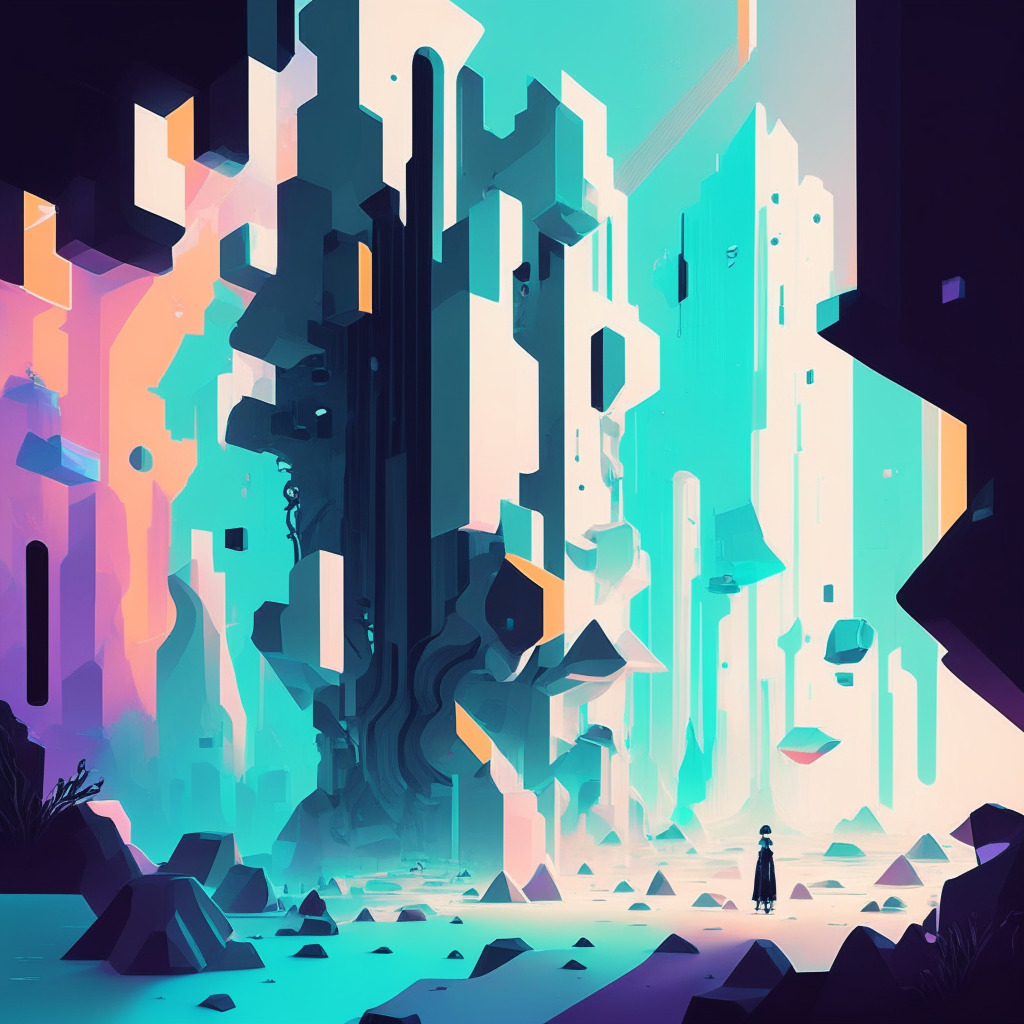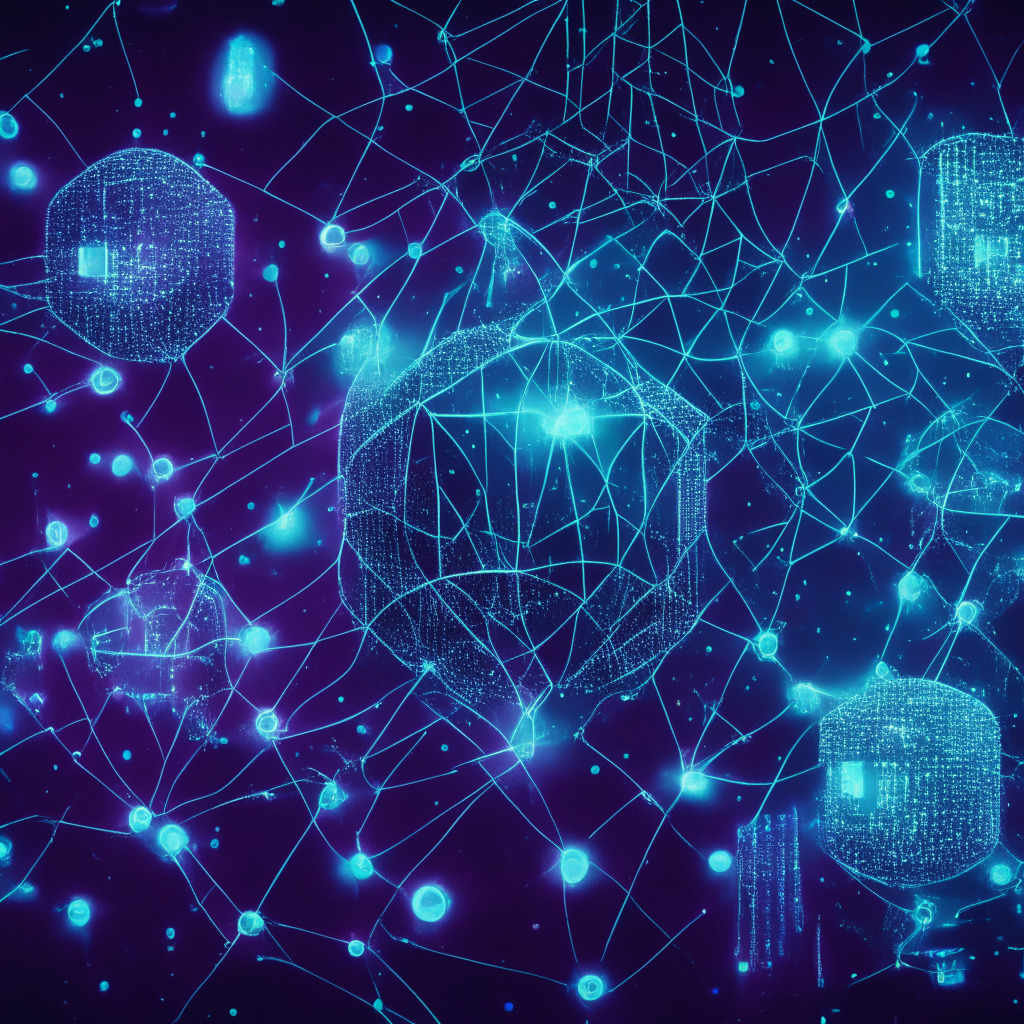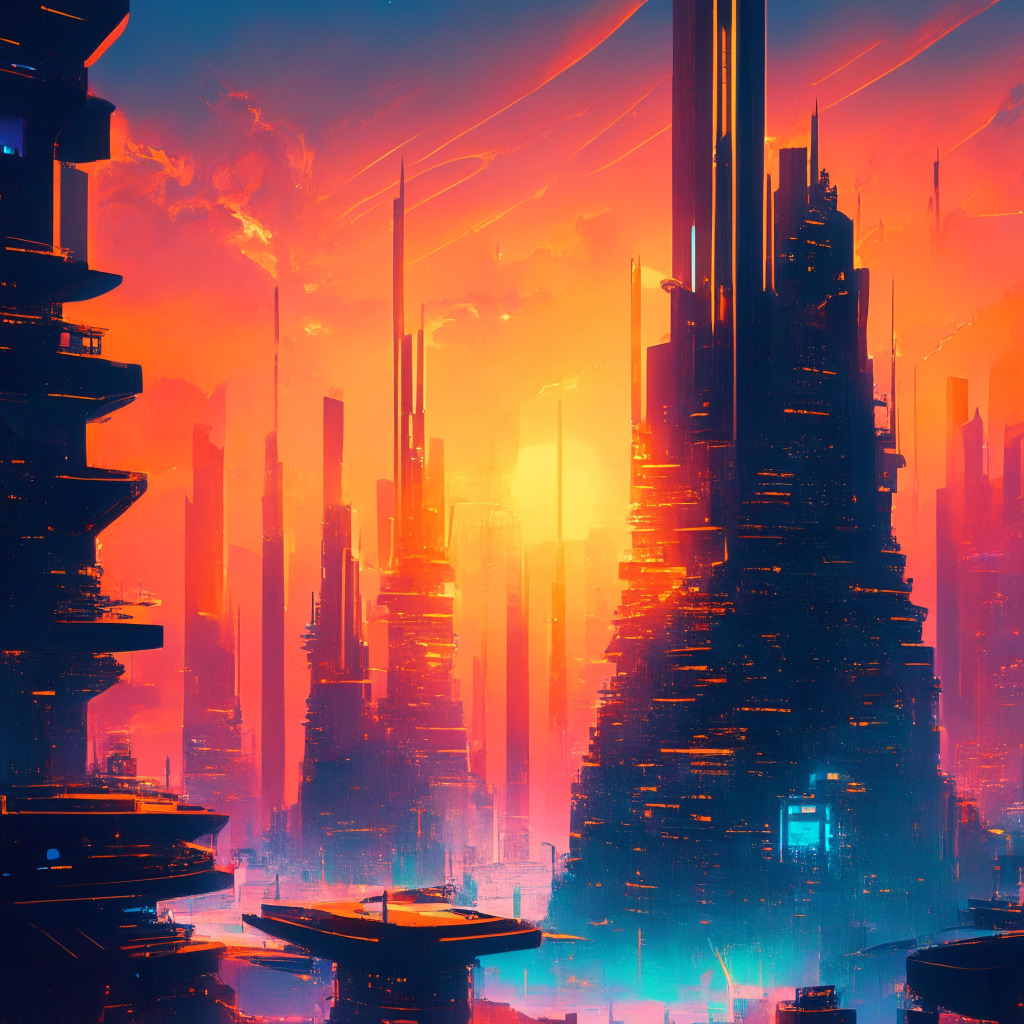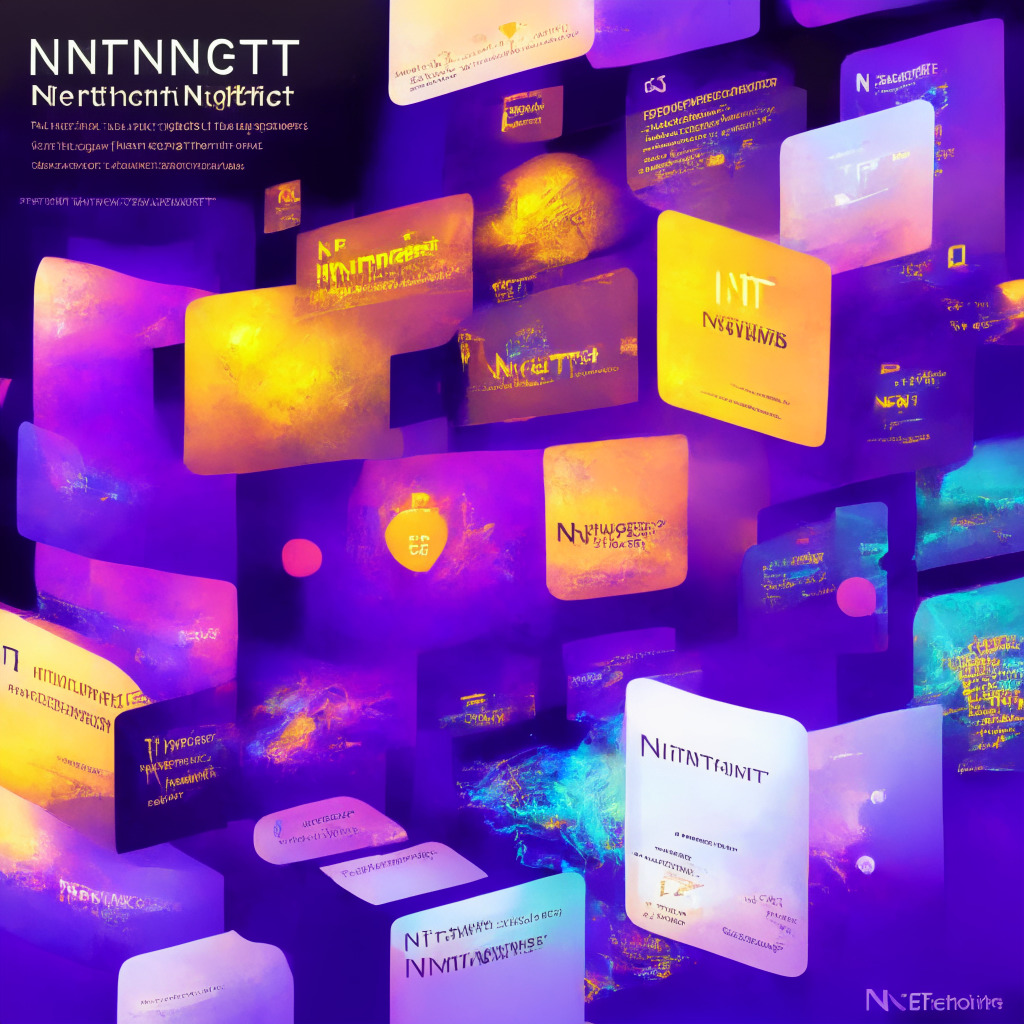As the world embraces artificial Intelligence (AI), discussions around the transformative potential of AI become mainstream. Businesses of varying industries are testing AI to streamline and automate processes and inject vitality into ecosystems that have lost their momentum over time. The gaming industry, in particular, is eyeing AI as a tool to revolutionize how gamers of future generations will consume their products.
According to Ryan Wyatt, the former global head of gaming partnerships at Google and former head of gaming at YouTube, AI will be a powerful tool for game developers, enabling them to unlock rich experiences for gamers. But Wyatt also warns against treating AI as a replacement for tasks in gaming. Instead, he sees it as a resource that will aid both small and large game teams to accomplish more than they could in the past, without diminishing the importance of the various roles required to craft a game.
One rising question is whether AI can handle the heavy computational tasks that currently depend solely on graphics processing units (GPUs). Wyatt is skeptical, expressing doubt that AI can repurpose outdated systems and reduce electronic waste. Given the rapid advancements in hardware technology over the last two decades, it seems e-waste is more likely to increase before it decreases. However, Wyatt acknowledges that there may be certain tasks AI can optimize.
When it comes to the debate of AI’s application in optimizing graphics, unlimited map rendering, or creating an endless storyline, Wyatt expresses excitement over all potential avenues—particularly for improving interactions with non-player characters (NPCs). He cites the work of companies like Inworld AI, which equips game developers with a unique character engine that goes beyond large language models to create NPCs with distinct personalities and contextual awareness.
Wyatt sees potential in blockchain technology for game developers and gamers as well. By storing assets and information on a blockchain, new mechanics and relationships can be formed between gamers and developers. However, Wyatt insists this perspective is primarily prevalent in the East, as Western game developers are still apprehensive about incorporating blockchain technology into their gaming infrastructure stack.
While the growth of blockchain gaming might take some years, Wyatt stresses the importance of blockchains for holding accountability over the advancement of AI. This is because blockchains are transparent and immutable, making them ideal for tracking and verifying the provenance of AI-generated content. The reliable, secure, and tamper-proof nature of blockchains will be pivotal in ensuring the accuracy and authenticity of AI-generated content in the future.
Source: Cointelegraph




